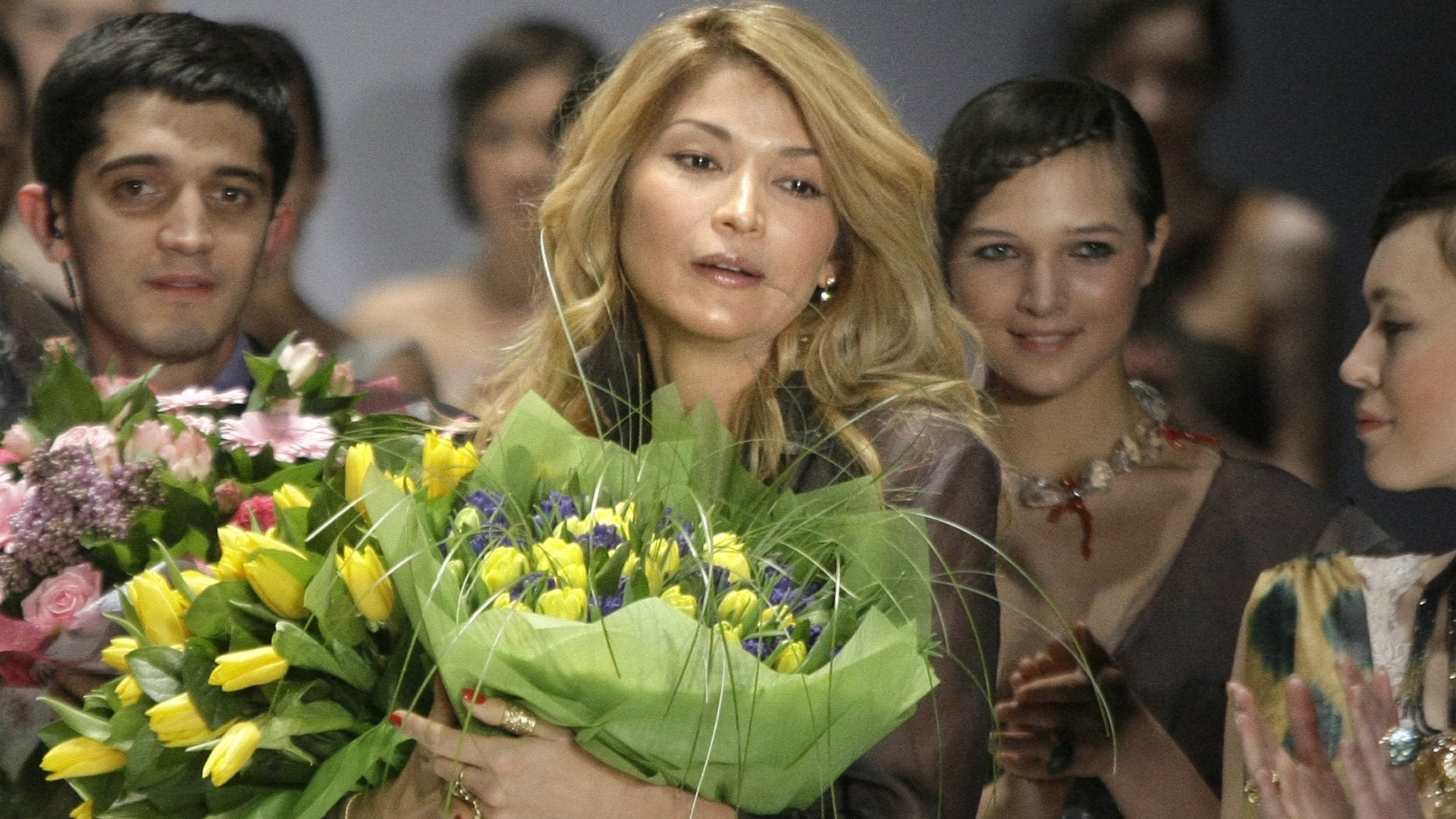How did TeliaSonera miss the warning signs in Uzbekistan?
The deal TeliaSonera signed with Takilant was full of red flags. Offshore arrangements, unusual access to telecoms licenses, and the like. It’s hard to understand how TeliaSonera could have believed there weren’t huge graft risks lurking behind it.


The deal TeliaSonera signed with Takilant was full of red flags. Offshore arrangements, unusual access to telecoms licenses, and the like. It’s hard to understand how TeliaSonera could have believed there weren’t huge graft risks lurking behind it.
So wrote Richard Cassin, a foreign bribery expert who runs the FCPA Blog (which covers issues relating to America’s Foreign Corrupt Practices Act), in an email. I had asked Cassin about today’s news that Lars Nyberg, the CEO of Swedish telecommunications company TeliaSonera, has resigned over allegations that the company had used bribery to get a mobile-phone license in Uzbekistan in 2007.
The claim is that TeliaSonera bought an Uzbek 3G telecoms license by paying $333 million to an alleged front company for Gulnara Karimova, the eldest daughter of Islam Karimov, Uzbekistan’s president. The much-coveted license had ended up in the hands of a little-known Armenian woman named Gayane Avakyan and her company, Gibraltar-based Takilant. Journalists in Sweden and the UK have found documents that link Avakyan and Talikant to Karimova’s businesses. These reports are the basis of the bribery investigation by Swedish prosecutors.
Nyberg denies any bribery. But he said he quit after losing the support of TeliaSonera’s board over the affair, which surfaced last September in the Swedish press. (The Swedish government owns 37% of TeliaSonera.) The board had heard a presentation the evening of Jan. 31 by a Swedish law firm, which the company had hired to investigate the allegations. Bjorn Riese, a lawyer from Mannheimer Swartling, told the board that TeliaSonera proceeded with the deal in apparent total and disinterested ignorance of the identity of its local partner, and how the partner obtained the license that the Swedes purchased.
Riese said he could not confirm nor rule out that bribery took place. “[But] if one doesn’t know who a counterparty is, nor how a counterparty has obtained the assets being acquired, it would seem difficult to ensure that corruption has not occurred at some step along the way,” he wrote.
TeliaSonera, Riese said, displayed an “uncritical attitude” toward evidence in its possession that it was in fact doing business with Karimova, not just with Avakyan, and therefore that there could be legal problems with the deal. “The suspicions of crime expressed in the media and by the Swedish Prosecution Authority cannot be dismissed by this investigation,” Riese said. “If one carries out business in a corrupt country, one should quite simply be more thorough than TeliaSonera has been.”
It’s hardly as if Uzbekistan has a spotless reputation. Karimov, who has ruled the country for more than two decades, does so by balancing regional clans, and as is the case with large business transactions throughout the region, he and his family determine the winner of the country’s biggest deals. Cassin said that Uzbekistan reminds him of Indonesian corruption from the 1970s to the 1990s under President Suharto, “with companies controlled by family members of the ruler ‘partnering’ with big western firms.”
So why wasn’t the company more careful? Cassin says:
The only real explanation is that in 2007, when the deal happened, TeliaSonora hadn’t made anti-corruption compliance a priority. In fact that was true of many big western companies just five years ago, particularly in Europe. That’s why nine of the ten biggest FCPA enforcement actions involve European companies and happened in the past few years.
A Swedish court has frozen $286 million in Takilant’s assets on suspicion of bribery in the case, and given prosecutors until Feb. 8 to decide whether to bring charges against the company.